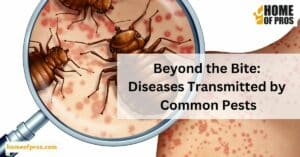Mosquitoes are pesky insects that can cause a lot of discomforts and even transmit diseases. As the weather gets warmer, their populations tend to skyrocket, making it important to find effective ways to control them. Strategies for reducing mosquito populations involve a careful evaluation of the area’s mosquito population and its breeding sites.
With simple strategies like removing standing water, maintaining swimming pools, and regularly cleaning gutters, as well as professional pest control services, you can make your property a safer and more enjoyable place. Take action today and keep those pesky mosquitoes at bay.
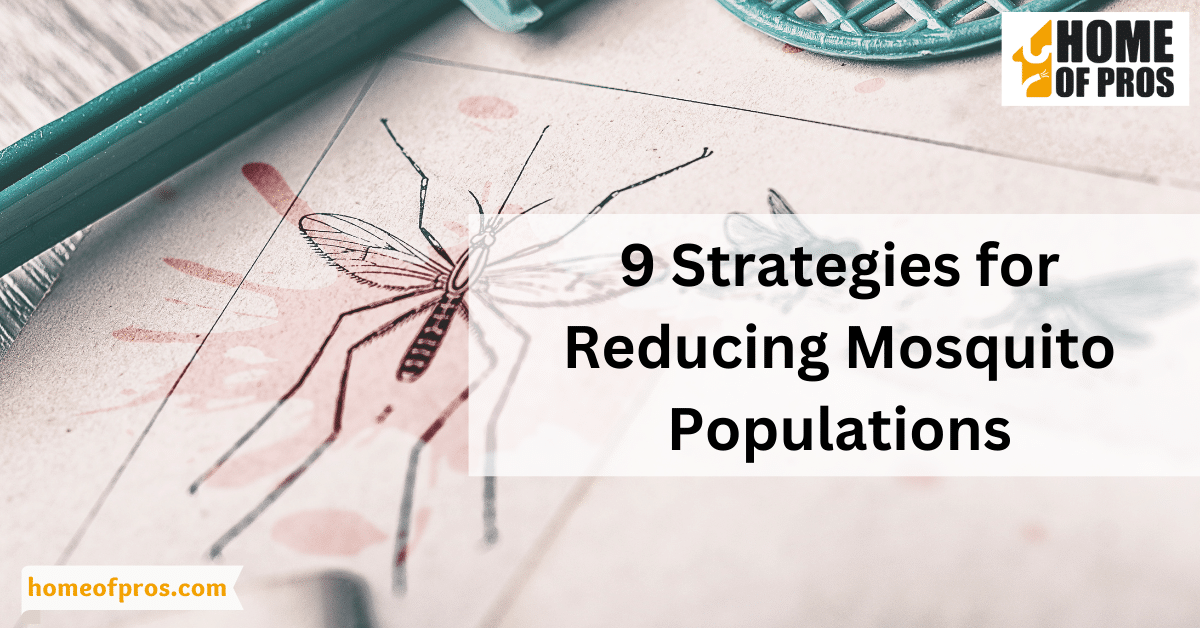
1. Removing Standing Water
Mosquitoes are not only irritating pests, but they can also spread disease. One effective strategy for reducing mosquito populations is by removing standing water. Mosquitoes require water to complete their life cycle, making stagnant water sources the perfect breeding ground for these pests.
By eliminating pools of water around your property, you can limit the number of mosquitoes that inhabit the area. Some simple strategies for removing standing water include emptying bird baths and pet bowls regularly, fixing leaky outdoor faucets, and removing tires or other items that collect rainwater.
Taking these measures can help reduce the number of mosquitoes in your yard and decrease the risk of bites and potential disease transmission.
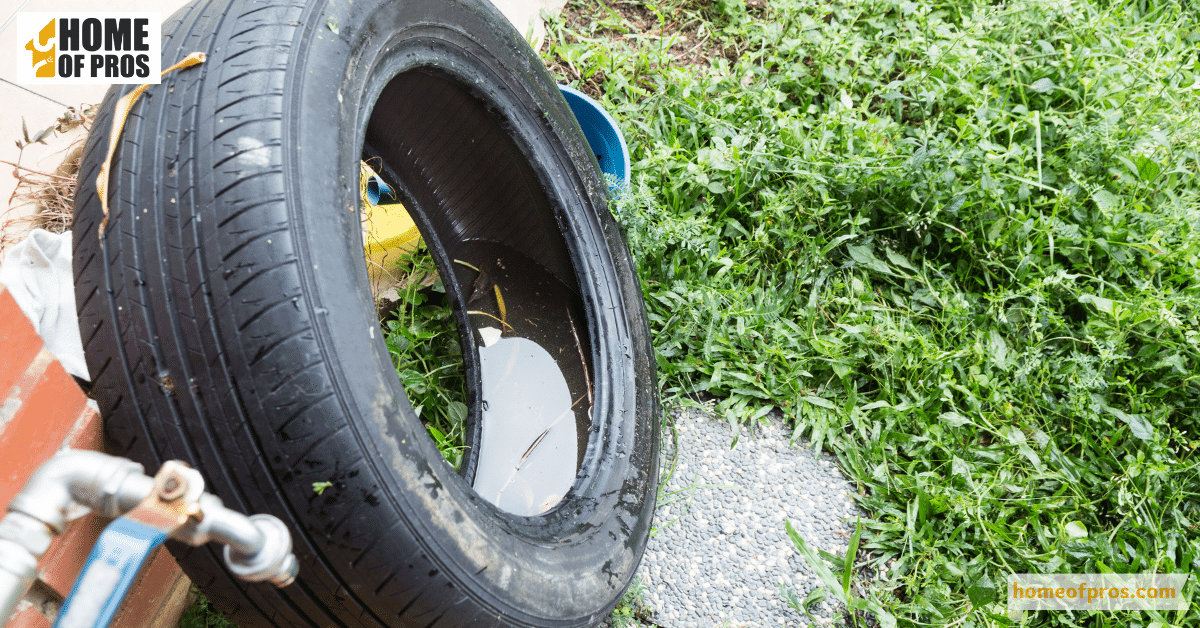
2. Maintaining Swimming Pools
Maintaining swimming pools is vital for reducing mosquito populations. When water remains stagnant in pools, it becomes a breeding ground for mosquitoes. It is essential to keep swimming pools clean and disinfected to prevent mosquitoes from laying their eggs.
Regularly checking and maintaining the chemical balance of the pool water is also a necessary step to keep mosquitoes away. It is recommended to make use of mosquito repellent products designed for use in swimming pools to ensure a long-term solution to prevent mosquitoes from breeding in the pool.
Keeping the water clean and properly balanced will help keep the pool a safe and enjoyable place to relax and cool off while also preventing the spread of mosquito-borne illnesses.

3. Regularly Cleaning Gutters
Regular cleaning of gutters is a crucial step in reducing mosquito populations around your home. Mosquitoes thrive in stagnant water, and clogged gutters can serve as the perfect breeding ground for them. By regularly cleaning your gutters, you can eliminate the standing water that mosquitoes need to lay their eggs and hatch new generations.
Not only does this reduce the number of mosquitoes near your home, but it also helps to prevent the spread of mosquito-borne diseases. By taking the time to clean your gutters on a regular basis, you can make your home a more comfortable and safer place for your family and guests.

4. Using Citronella Candles and Other Repellents
When it comes to reducing mosquito populations, using citronella candles and other repellents can be a helpful step. These products work by emitting a scent that deters mosquitoes from coming near. While these options may not completely eliminate mosquito populations, they can certainly make a difference in reducing their presence and the annoyance they bring.
It is important to use repellents properly, following the instructions on the label and using them in combination with other mosquito control measures such as removing standing water and using screens on doors and windows.

5. Installing Screens on Windows and Doors
Installing screens on windows and doors is a simple yet effective strategy for reducing mosquito populations. Mosquitoes are not only a nuisance, but they can also carry dangerous diseases. By installing screens, you can keep mosquitoes out of your home without sacrificing fresh air and natural light.
It’s important to choose screens with fine mesh to prevent even the smallest mosquitoes from entering. Regularly inspecting and maintaining screens is also crucial to ensure that there are no holes or tears that could allow mosquitoes to enter.
By taking these steps, you can enjoy a mosquito-free home and peace of mind knowing that you are reducing the risk of mosquito-borne illnesses.

6. Eliminating Outdoor Hiding Places
As we continue our efforts to combat mosquito-borne illnesses, eliminating outdoor hiding places has emerged as an effective strategy for reducing mosquito populations. By removing areas where mosquitoes can rest and breed undisturbed, we can disrupt their life cycle and lower their numbers.
This can include trimming back overgrown vegetation, fixing leaky outdoor faucets, and removing any standing water on or around your property. In addition to these proactive measures, regular monitoring and prompt response to any areas of concern can greatly aid in our collective efforts to control mosquito populations.
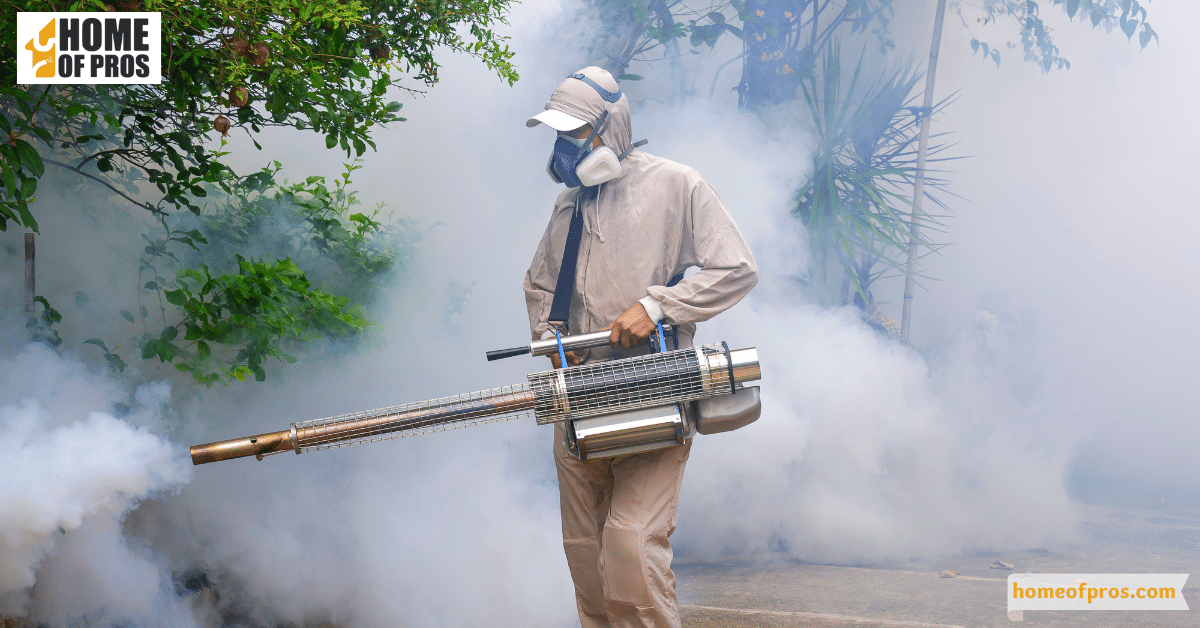
7. Trim Grass and Shrubs in Your Yard
Maintaining a well-groomed yard doesn’t just make your home look polished; it can also significantly reduce mosquito populations. One key aspect of keeping mosquito numbers down is trimming your grass and shrubs. Mosquitoes love to lay their eggs in tall grass and bushes with dense foliage, as these areas provide moisture and shelter from the elements.
By regularly trimming your greenery, you can minimize the amount of standing water in your yard and remove potential mosquito breeding grounds. Additionally, trimmed vegetation allows for increased air circulation, making it less appealing for mosquitoes to hang around.
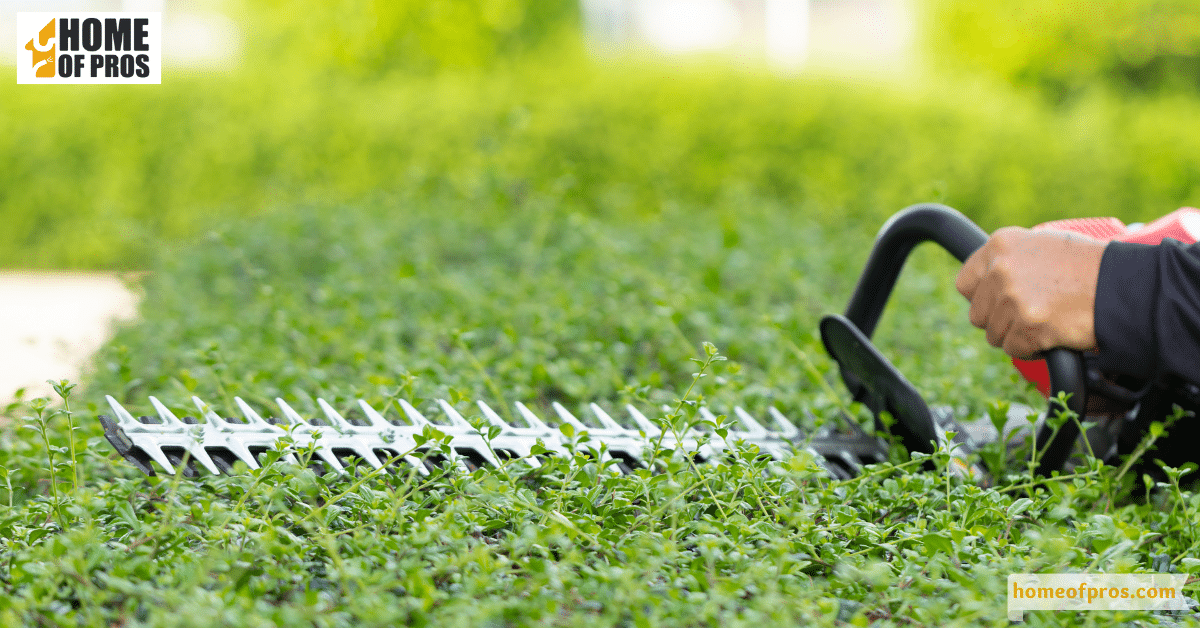
8. Employing Natural Predators
Employing natural predators for reducing mosquito populations is an effective strategy that has been gaining popularity among professionals in the fight against mosquito-borne diseases. This approach involves introducing organisms that prey on mosquitoes, such as dragonflies and certain fish species, to their breeding environments.
By doing so, these natural predators consume mosquito larvae before they have the chance to develop into biting adults. The use of natural predators is an eco-friendly alternative to chemical insecticides and also has the potential to yield long-term results by creating a sustainable balance between mosquito populations and their natural predators.
While this approach is not a one-size-fits-all solution, it is a promising strategy for reducing mosquito populations and improving public health outcomes.
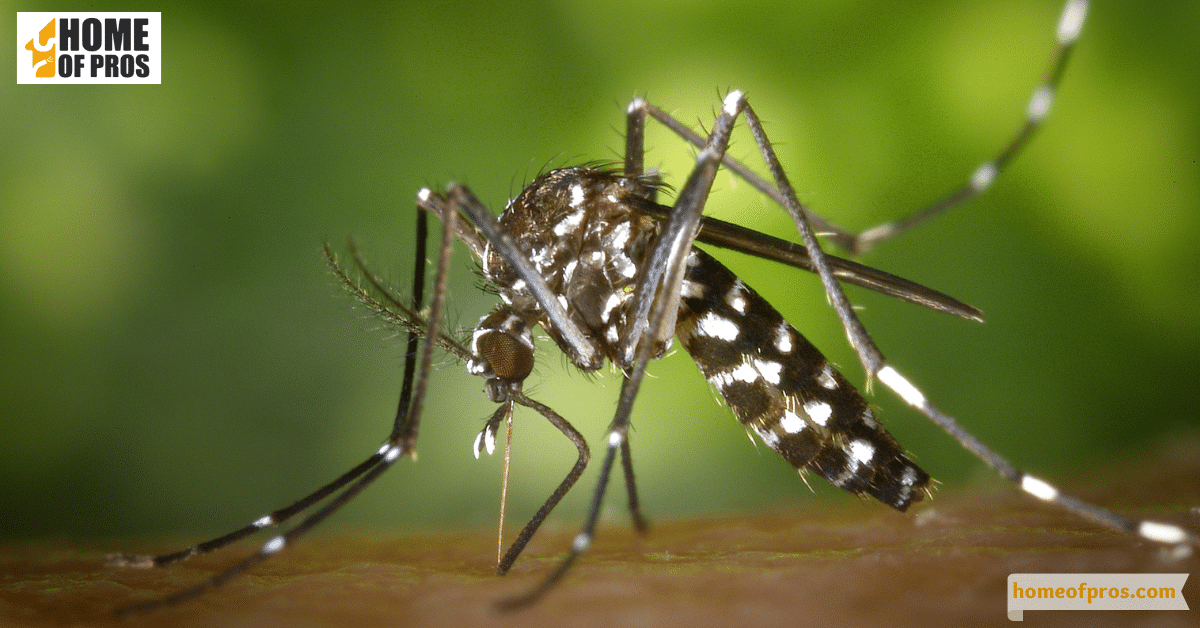
9. Professional Pest Control Services
When it comes to reducing mosquito populations, professional pest control services can be a game-changer. While most people are aware of the health risks associated with mosquitoes, not everyone understands the science behind their breeding patterns.
This is where professional pest control services come in. They can quickly identify areas where mosquitoes are most likely to breed and develop a customized strategy for preventing their growth. Through the use of targeted treatments, monitoring, and ongoing analysis, professional pest control services can help reduce mosquito populations and minimize their impact on your daily life.
With their expertise, you can feel confident that your home or business is a safe and healthy environment for everyone.

In conclusion
It is evident that there are numerous methods that can be utilized to reduce mosquito populations effectively. The key takeaway from our blog on strategies for reducing mosquito populations is that prevention is better than cure.
This implies that homeowners and individuals should take proactive measures to eliminate areas of standing water or water sources that can be potential breeding grounds for mosquitoes.
Additionally, the use of chemicals such as insecticides and larvicides, in conjunction with natural methods such as using mosquito-repelling plants, can go a long way in controlling the mosquito population.








